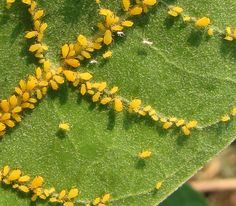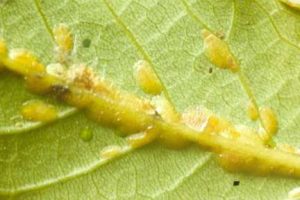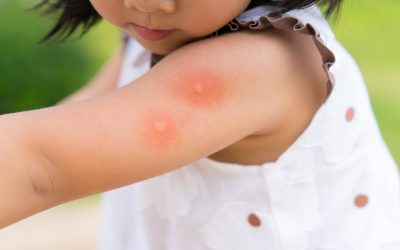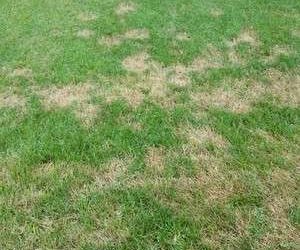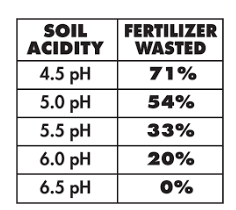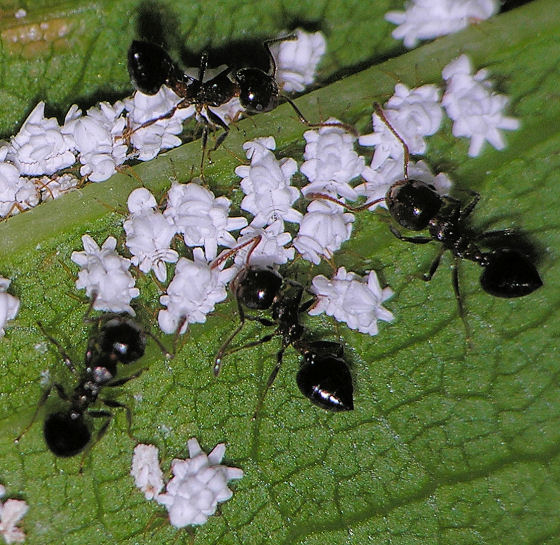
We all like to have a beautiful, green lawn, but what about those trees and shrubs you’ve made such an investment in over the years. Do you give them the care and attention they deserve? The “tiny” threat of aphids, scale & mites can infest your ornamentals before you realize it.
Let’s face it, if you’re like most people, you plant your ornamentals, take care of them to make sure they survive the transplant, and then go about your business. But when you step back and add up your investment in your lawn and landscaping, where’s the real money – in your trees and shrubs.
One of the most insidious threats to your ornamentals are so small you don’t notice them until the damage is well underway.
What is this “tiny” threat – aphids, scale, and mites. According to Bruce Barnett with the University of Missouri, these sap-sucking pests “usually are small and delicate in appearance. Many species cover their bodies with waxy or wool-like substances. They usually are found in great numbers, covering foliage, twigs or whole stems. Typical plant damage associated with sucking pests includes wilted leaves or stems, dying branches and reduced growth.”
Prevention costs pennies compared to caring for damaged and weakened plants that are susceptible to more significant and costly problems which can eventually lead to the loss of plants.
Why Choose ProLawn?
The biggest mistake people make is to wait until they see significant signs that aphids, scale & mites are present – “honeydew” sticky sap, stunted growth, and stippling or yellowing of leaves. These pests do their real damage when they are adults. Rectifying the problem when they are in their infancy is the least invasive and most cost-effective solution. And our recommendation is an organic approach – spraying dormant oil on your ornamentals in late winter or early spring before your plants blossom to eradicate aphids, scale & mites without harming the plant or the environment.

